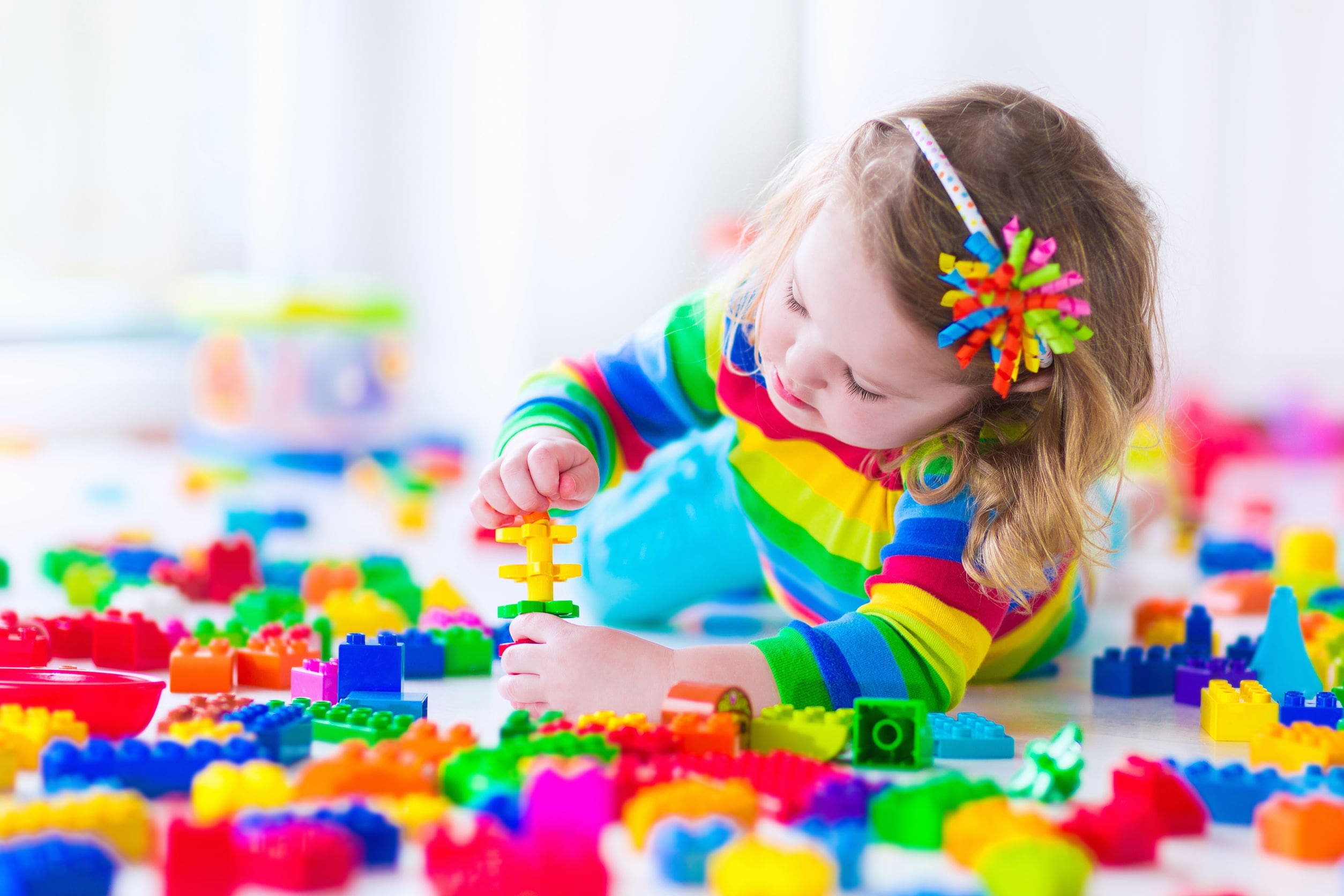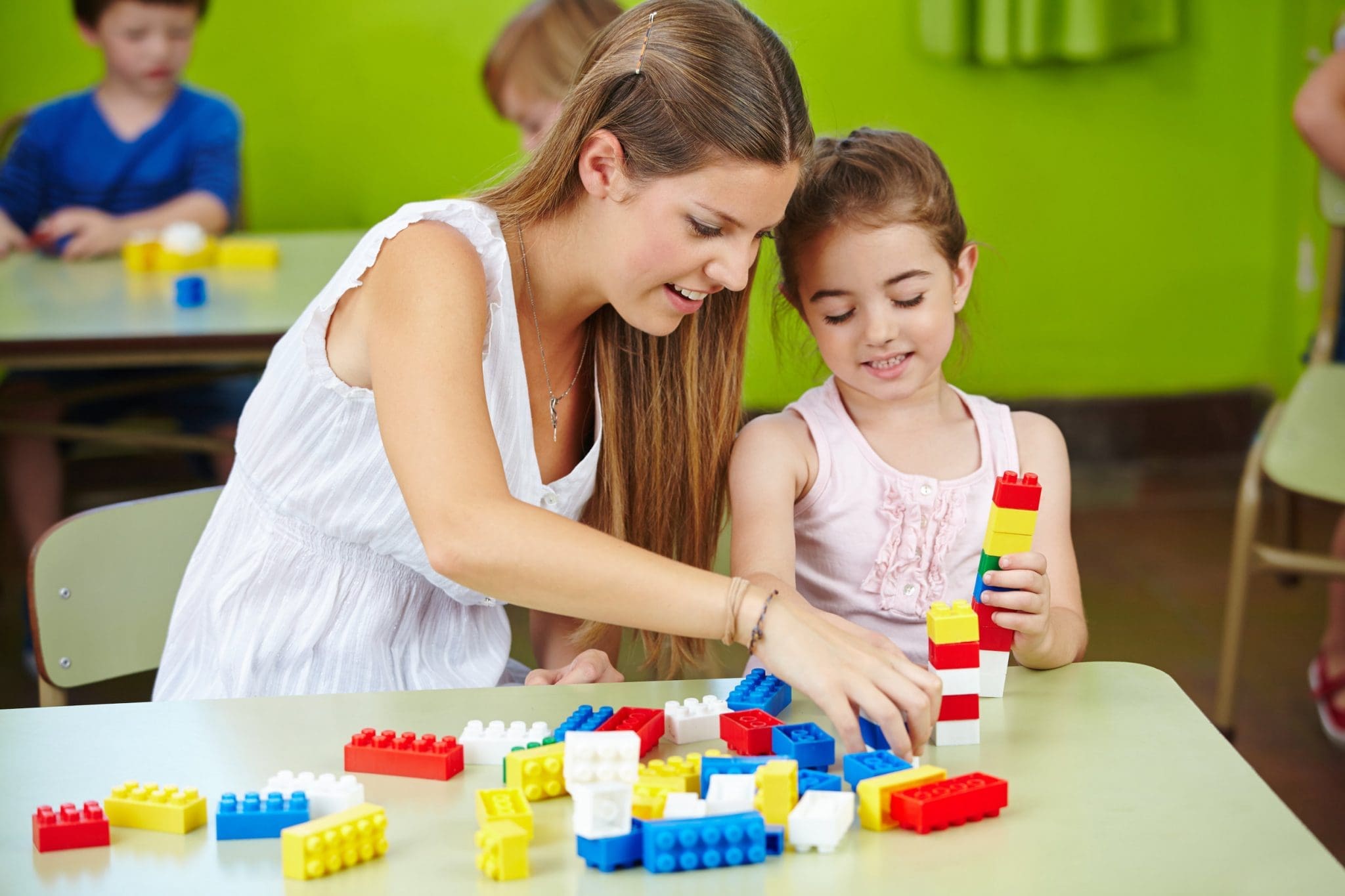In this post
New parents will tell you that from one day to the next their little bundles of joy are learning something new. Whilst it may seem beyond the realms of possibility that a new-born could be developing new skills, personality and even thoughts and feelings – it’s certainly true, and today we’re going to take a closer look at just how quickly babies and toddlers develop.
Whether you’re expecting, a brand-new mother or work in the childcare industry, it’s important to have a thorough understanding of how little ones develop, and what key milestones they should be looking to hit throughout those early (and most crucial) years.
What is meant by child development?
Child development can be a confusing and tricky term to wrap our heads around – after all, children are complex and with so much going on, it can be hard to know what areas are the most important. However, to make things more digestible, we can breakdown child development into four, easy to recognise areas, including:
- Physical development
- Social and emotional development
- Intellectual development
- Communication & speech development
The most important years of child development are widely speculated amongst professionals, with some arguing that from childbirth to the age of three the most vital developmental changes occur. Whilst others suggest a much longer timeframe. So, today we’re going to look at child development from birth to 12 years, looking at those four key areas, so that you can better understand your child’s developmental needs.
‘Milestones of development’
Understanding everything children should be doing as they grow is no easy feat, but luckily there has been a wealth of research done over the years, and specialists have developed something commonly referred to as ‘milestones of development’. These are the sorts of things a baby, toddler and young person should be doing at certain stages of their lives and can provide a useful tool to those who are caretakers for children in any capacity.
It’s important to recognise that these milestones are a guideline, and not every child will hit every milestone at the expected time, and this is perfectly normal. However, that being said here are some of the most basic milestones to be expected between birth age and 12 years old.
Birth age – 1 year old (infancy)
During infancy, babies are able to achieve a considerable amount including some of the following:
- Grasp an object
- Turn their heads
- Suck and swallow
- Recognise sound and smell
- Respond to pain, discomfort or need through crying
1 year old – 3 years old (early years)
During the early years (1-3), babies often take huge leaps and strides in terms of their development. New developments include:
- Crawling and shuffling
- Standing up with the support of surrounding objects
- Sitting up unaided
- Feeding themselves using their own hands (or even cutlery)
- Wave
- Making sounds, or even saying short syllable words
- Understanding of surroundings
- Recognise familiar faces
- Use the toilet
- Enjoy playing with toys
- Use short sentences
- Play with other children
4 years old – 7 years old (childhood)
The period between 4 and 7 is known as childhood, and it is during these years that many children find their own sense of self including things like style, hobbies and dislikes. Major milestones during these years include:
- Understanding rules
- Making long-term relationships (such as friends with other children)
- Dress and undress themselves with ease
- Feel emotions like worry, excitement, fear and enjoyment
- Draw and write
- Play sports such as football, running, cycling
- Enjoy full conversations
8 years old – 12 years old (puberty)
Often considered one of the most difficult stages of growing up, puberty is when most of the ‘adult’ milestones are reached signifying the transition from childhood to adulthood. Some of these include:
- Physical changes to the body (such as hair growth, weight gain, increase in height, development of adult body parts)
- Ability to problem solve
- Have keen interests
- Express anger, have arguments
- Improved co-ordination skills
- Become more responsible
What are developmental needs?
Although every child is different and we cannot always control how quickly they will learn and develop, there are certain developmental needs children rely on in order to grow to their full potential.
Understanding these needs and how you can implement them will go a long way to supporting your child’s growth, and below are a few things you can do to aid developmental growth during those early years.
Infancy
During the first 12 months, new-borns rely heavily on adults to aid their development. In this time, many new-borns will learn to make reflex movements such as being startled (in response to sound) and will only be able to do jerky, uncoordinated movements. Everything learnt in these first months is through feel, sound, sight and smell and this often leads to attachments being formed. To aid development during infancy, you should:
- Use multi-textured learning tools, such as soft toys, crinkly toys, toys that are safe to put in their mouth
- Bright colours to help stimulate your new-born and engage their attention
- Smile at your new-born and speak to them regularly
Early years
Between 1 and 3 years of age, children are learning every day. It’s usually during these years that toddlers learn to move by themselves, speak and communicate properly with others – so proper enrichment is crucial:
- Dedicate time to teaching new words, sounds, colours, shapes and concepts
- Engage in conversations
- Provide tools to improve mobility, such as walkers, trikes and interactive mats
- Socialise with other children and adults to improve social skills
Childhood
Ensuring children are properly socialised with others during these years is so important as they are given the opportunity to learn from others. Here are other things you can do to help:
- Enrol in hobbies and clubs for socialising and growing interests
- Work together on core subjects such as English and maths
- Explore emotions through sharing and talking
- Encouraging open, honest discussions
- Allowing for more responsibility i.e. giving them their own chores
Puberty
During puberty, many children may resist a great deal of intervention or help, which is completely normal. However, there are still things that can be done to offer support during these crucial years, including:
- Regularly checking in on how the young person is feeling and coping with their new emotions
- Maintaining an honest approach to tricky subjects
- Encouraging personality, allowing the young person to express themselves
- Educating on appropriate self-care for that transition period into adulthood
- Increased responsibilities
Feeling confident? Take an additional childcare course in preparation!
Childhood is a messy time, and for adults it can be just as difficult – whether it’s your own child, or someone else’s. One way to feel as prepared as possible for the years to come is by educating yourself on all the core stages, and we have the perfect courses for just that!
All of our OLC childcare courses can be taken from the comfort of your own home, and are available to be paid for in instalments, or all in one go. We have a wide range of childcare courses available, suitable for new or expectant parents, teachers and those seeking a little more education in this complex area. Don’t hesitate to get in touch with us to find out more about the courses and payment options available, we’d love to help!



